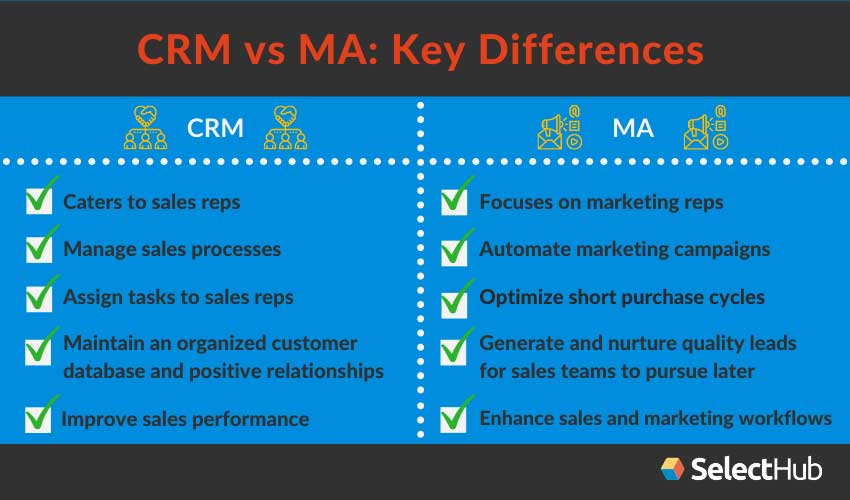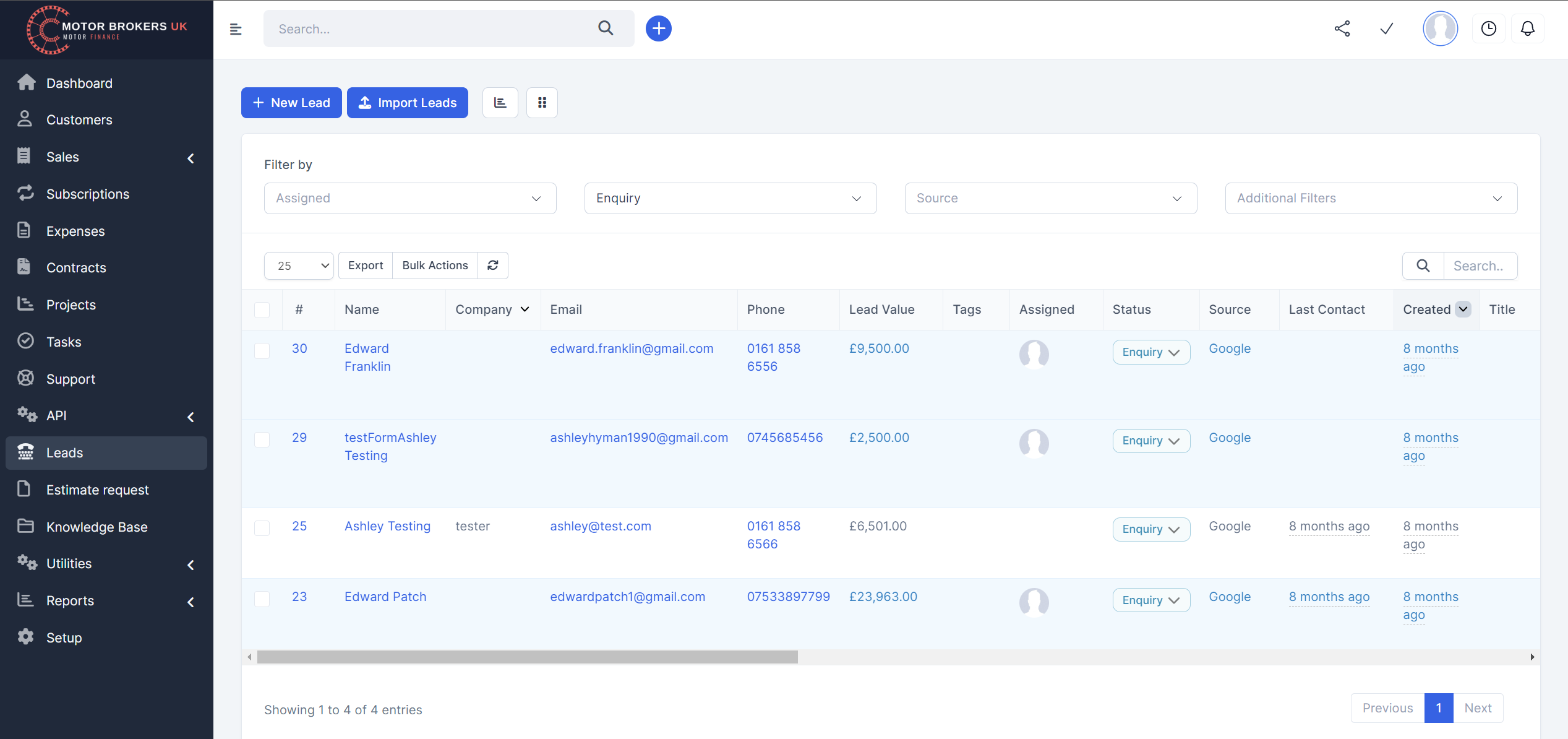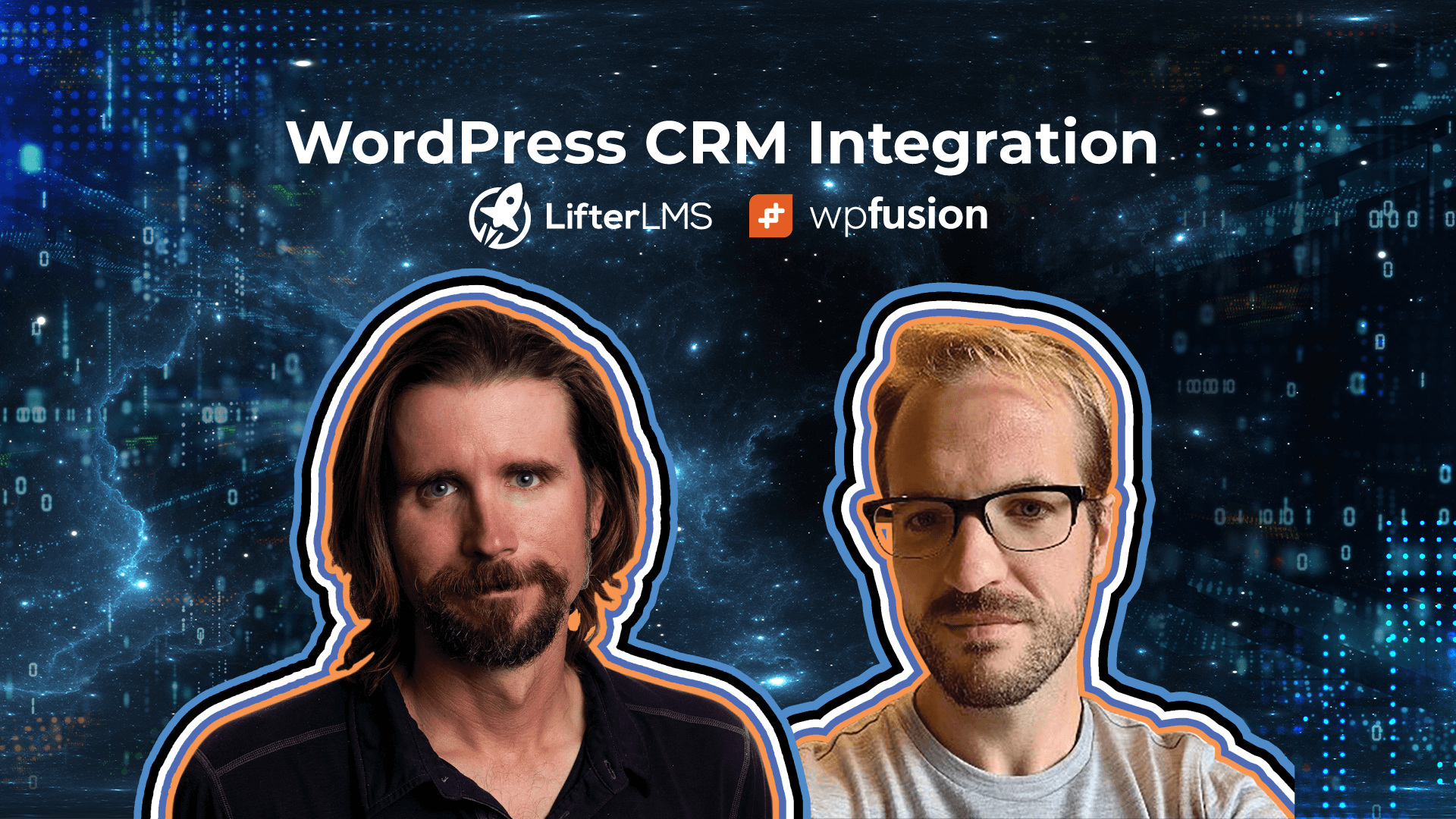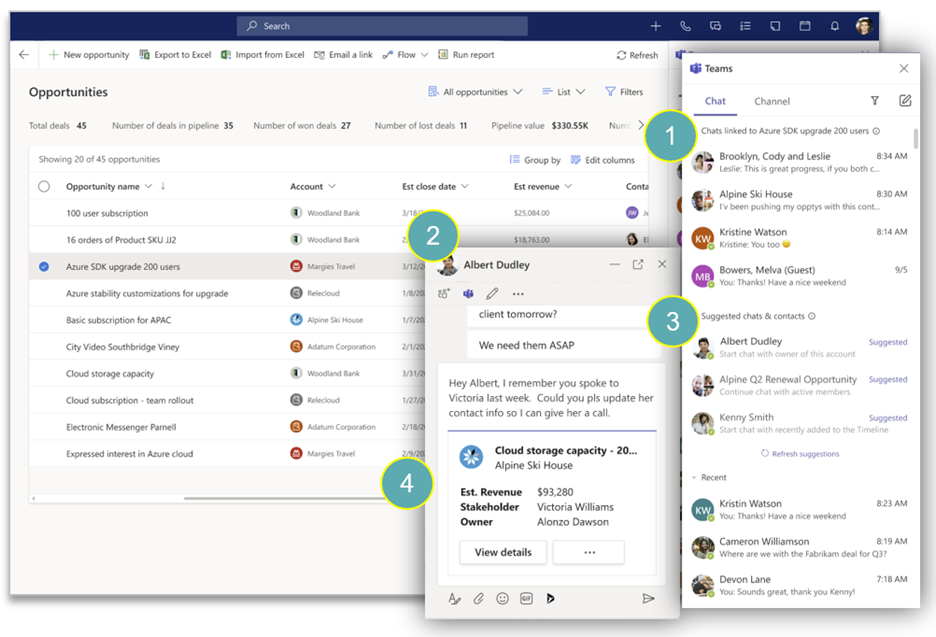Supercharge Your Marketing: How CRM Empowers Automation and Drives Growth

Supercharge Your Marketing: How CRM Empowers Automation and Drives Growth
In today’s fast-paced digital landscape, marketing automation isn’t just a buzzword; it’s a necessity. Businesses of all sizes are looking for ways to streamline their processes, personalize customer experiences, and ultimately, boost their bottom line. But achieving true marketing automation isn’t always straightforward. It requires the right tools, the right strategies, and a deep understanding of your customers. At the heart of many successful marketing automation initiatives lies Customer Relationship Management (CRM) software. This comprehensive guide will delve into the powerful synergy between CRM and marketing automation, exploring how they work together to transform your marketing efforts and fuel sustainable growth.
Understanding the Core Concepts: CRM and Marketing Automation
What is CRM?
Customer Relationship Management (CRM) is more than just a piece of software; it’s a philosophy. At its core, CRM is a strategy for managing all your company’s interactions with current and potential customers. It involves using technology to organize, automate, and synchronize business processes, primarily those related to sales, marketing, customer service, and technical support. A well-implemented CRM system serves as a central hub for all customer-related data, providing a 360-degree view of each customer’s journey. This holistic perspective is crucial for understanding customer behavior, preferences, and needs, enabling businesses to tailor their interactions and build stronger, more meaningful relationships.
Key features of a CRM system typically include:
- Contact Management: Storing and organizing contact information, including names, email addresses, phone numbers, and other relevant details.
- Lead Management: Tracking and nurturing leads through the sales funnel, from initial contact to conversion.
- Sales Automation: Automating repetitive sales tasks, such as email follow-ups, appointment scheduling, and quote generation.
- Reporting and Analytics: Providing insights into sales performance, customer behavior, and marketing effectiveness.
- Customer Service: Managing customer inquiries, resolving issues, and tracking customer interactions.
What is Marketing Automation?
Marketing automation is the process of using software to automate marketing tasks and workflows. Its primary goal is to improve efficiency, personalize customer experiences, and generate more leads and sales. Marketing automation tools allow businesses to streamline repetitive tasks, such as email marketing, social media posting, and lead nurturing, freeing up marketers to focus on more strategic initiatives. By automating these processes, businesses can reach a wider audience, deliver more targeted messaging, and ultimately, convert more leads into customers.
Key benefits of marketing automation include:
- Increased Efficiency: Automating repetitive tasks saves time and resources.
- Improved Lead Generation: Nurturing leads through targeted campaigns.
- Enhanced Customer Engagement: Delivering personalized experiences.
- Better ROI: Optimizing marketing spend and increasing conversions.
- Data-Driven Decisions: Tracking and analyzing marketing performance.
The Powerful Synergy: CRM and Marketing Automation Working Together
While CRM and marketing automation are distinct concepts, they are inextricably linked. In fact, the true power of marketing automation is unlocked when it’s integrated with a robust CRM system. The CRM acts as the central repository for all customer data, providing the foundation for targeted marketing campaigns. Marketing automation tools, in turn, leverage this data to deliver personalized messages, trigger automated workflows, and track the effectiveness of marketing efforts. This integration creates a virtuous cycle, where data is used to inform marketing strategies, and marketing activities generate more data, leading to continuous improvement.
How CRM Fuels Marketing Automation
A CRM system provides the essential data that fuels effective marketing automation. This data includes:
- Customer Profiles: Detailed information about each customer, including demographics, purchase history, and interactions with your business.
- Segmentation Data: Allowing you to group customers based on shared characteristics, such as interests, behaviors, or demographics.
- Lead Scoring: Identifying leads that are most likely to convert based on their engagement with your marketing materials.
- Behavioral Data: Tracking customer interactions with your website, emails, and other marketing channels.
- Sales Data: Information about closed deals, revenue generated, and customer lifetime value.
By leveraging this data, marketing automation tools can:
- Personalize Email Marketing: Send targeted emails based on customer behavior, purchase history, and preferences.
- Automate Lead Nurturing: Guide leads through the sales funnel with a series of automated emails and other touchpoints.
- Trigger Automated Workflows: Initiate actions based on customer behavior, such as sending a welcome email when a new customer signs up or following up with a customer who abandons a shopping cart.
- Improve Lead Scoring: Refine lead scoring models based on actual conversion data.
- Track Marketing ROI: Measure the effectiveness of marketing campaigns and identify areas for improvement.
Benefits of Integrating CRM and Marketing Automation
The integration of CRM and marketing automation offers a multitude of benefits, including:
- Improved Lead Quality: By nurturing leads with targeted content and personalized messaging, you can attract higher-quality leads that are more likely to convert.
- Increased Conversion Rates: Personalized marketing campaigns are more effective at converting leads into customers.
- Enhanced Customer Experience: By providing a consistent and personalized experience across all touchpoints, you can build stronger customer relationships and increase customer loyalty.
- Greater Efficiency: Automating repetitive tasks saves time and resources, allowing your marketing team to focus on more strategic initiatives.
- Improved ROI: By optimizing your marketing spend and increasing conversion rates, you can achieve a higher return on investment.
- Better Data Insights: By tracking and analyzing marketing performance, you can gain valuable insights into customer behavior and marketing effectiveness.
Choosing the Right CRM and Marketing Automation Tools
Selecting the right CRM and marketing automation tools is crucial for success. The best tools for your business will depend on your specific needs, budget, and technical expertise. Here are some factors to consider when making your selection:
CRM System Considerations
- Features: Make sure the CRM system offers the features you need, such as contact management, lead management, sales automation, and reporting and analytics.
- Scalability: Choose a system that can scale to meet your needs as your business grows.
- Ease of Use: The system should be easy to use and navigate.
- Integrations: Ensure the system integrates with your existing marketing automation tools and other business systems.
- Pricing: Consider the pricing structure and choose a system that fits your budget.
- Customer Support: Look for a system that offers excellent customer support.
Marketing Automation Tool Considerations
- Features: Make sure the marketing automation tool offers the features you need, such as email marketing, lead nurturing, social media automation, and reporting and analytics.
- Integrations: Ensure the tool integrates with your CRM system and other business systems.
- Ease of Use: The tool should be easy to use and navigate.
- Segmentation Capabilities: The tool should allow you to segment your audience based on various criteria.
- Workflow Automation: The tool should allow you to create automated workflows to streamline your marketing processes.
- Pricing: Consider the pricing structure and choose a tool that fits your budget.
- Customer Support: Look for a tool that offers excellent customer support.
Popular CRM and Marketing Automation Platforms
Here are some popular CRM and marketing automation platforms to consider:
- HubSpot: A comprehensive platform that offers both CRM and marketing automation tools. It’s known for its user-friendliness and extensive features.
- Salesforce: A leading CRM platform with a wide range of features and integrations. It offers robust marketing automation capabilities through its Marketing Cloud.
- Zoho CRM: A popular CRM platform with a strong focus on sales automation. It also offers marketing automation tools.
- ActiveCampaign: A marketing automation platform that is known for its email marketing and lead nurturing capabilities. It integrates well with many CRM systems.
- Marketo: A powerful marketing automation platform designed for larger businesses. It offers advanced features such as lead scoring and account-based marketing.
- Pardot: A marketing automation platform by Salesforce, specifically designed for B2B marketing.
When evaluating these platforms, consider your specific needs and budget. Read reviews, request demos, and compare features to determine which platform is the best fit for your business.
Implementing CRM and Marketing Automation: A Step-by-Step Guide
Successfully implementing CRM and marketing automation requires a well-defined plan and a systematic approach. Here’s a step-by-step guide to help you get started:
- Define Your Goals: Before you begin, clearly define your goals for implementing CRM and marketing automation. What do you want to achieve? (e.g., increase leads, improve conversion rates, enhance customer satisfaction).
- Choose Your Tools: Select the CRM and marketing automation tools that best meet your needs and budget.
- Plan Your Integration: Develop a plan for integrating your CRM and marketing automation tools. This will involve mapping your data and workflows.
- Import Your Data: Import your customer data into your CRM system.
- Segment Your Audience: Segment your audience based on their demographics, interests, and behaviors.
- Create Marketing Campaigns: Design and create marketing campaigns, such as email marketing campaigns, lead nurturing campaigns, and social media campaigns.
- Automate Your Workflows: Automate your marketing workflows to streamline your processes.
- Test Your Campaigns: Test your campaigns before launching them to ensure they are working correctly.
- Monitor Your Results: Monitor your results and track your key performance indicators (KPIs).
- Optimize Your Campaigns: Continuously optimize your campaigns based on your results.
Best Practices for Success
To maximize the effectiveness of your CRM and marketing automation efforts, follow these best practices:
- Start with a Clear Strategy: Define your goals, target audience, and key performance indicators (KPIs) before you begin.
- Focus on Data Quality: Ensure that your customer data is accurate, complete, and up-to-date.
- Personalize Your Messaging: Tailor your marketing messages to each customer’s individual needs and preferences.
- Automate Smartly: Automate tasks that are repetitive and time-consuming, but avoid over-automating and losing the personal touch.
- Test and Optimize: Continuously test and optimize your campaigns to improve their performance.
- Train Your Team: Provide adequate training to your team on how to use the CRM and marketing automation tools.
- Stay Up-to-Date: Keep up with the latest trends and best practices in CRM and marketing automation.
Common Challenges and How to Overcome Them
While CRM and marketing automation offer significant benefits, businesses may encounter challenges during implementation and use. Here’s how to address some common obstacles:
- Data Quality Issues: Inaccurate or incomplete data can undermine your marketing efforts. To overcome this, implement data cleansing procedures and ensure data is regularly updated.
- Integration Problems: Integrating CRM and marketing automation tools can be complex. Choose tools that integrate seamlessly and seek expert assistance if needed.
- Lack of User Adoption: If your team doesn’t embrace the new tools, your investment will be wasted. Provide adequate training and encourage adoption through clear communication and demonstrating the benefits.
- Complex Workflows: Overly complex automated workflows can be difficult to manage and may not deliver the desired results. Start with simple workflows and gradually add complexity as needed.
- Measuring ROI: Tracking the ROI of marketing automation can be challenging. Set up clear KPIs, use analytics tools, and regularly monitor your results.
The Future of CRM and Marketing Automation
The landscape of CRM and marketing automation is constantly evolving. Here are some emerging trends to watch:
- Artificial Intelligence (AI): AI is being used to automate more complex tasks, personalize customer experiences, and predict customer behavior.
- Machine Learning (ML): ML algorithms are being used to improve lead scoring, optimize marketing campaigns, and personalize content.
- Hyper-Personalization: Businesses are using data to deliver highly personalized experiences to each customer.
- Account-Based Marketing (ABM): ABM is gaining popularity as a strategy for targeting specific accounts with personalized marketing campaigns.
- Voice Search Optimization: Businesses are optimizing their content for voice search to reach customers on voice-enabled devices.
- The Rise of Chatbots: Chatbots are becoming increasingly sophisticated and are being used to provide customer support and generate leads.
As these trends continue to develop, businesses will need to adapt their strategies and invest in the latest technologies to stay ahead of the curve.
Conclusion: Embracing the Power of CRM and Marketing Automation
In conclusion, the integration of CRM and marketing automation is a powerful combination that can transform your marketing efforts and drive sustainable growth. By leveraging the data-driven insights of your CRM system, you can personalize your marketing messages, automate your workflows, and deliver more targeted and effective campaigns. Implementing CRM and marketing automation requires careful planning, the right tools, and a commitment to continuous improvement. However, the rewards – increased lead generation, higher conversion rates, improved customer experience, and a better return on investment – are well worth the effort.
By embracing the power of CRM and marketing automation, you can stay competitive in today’s dynamic market and build stronger, more lasting relationships with your customers. The key is to start with a clear strategy, choose the right tools, and continuously optimize your efforts based on data and feedback. Don’t hesitate to explore the possibilities and unlock the full potential of your marketing initiatives.




